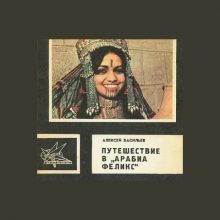
Photo from archive.org
Abstract: This article examines differing explanations for violence against foreign nationals in post-apartheid South Africa. It argues that the most compelling analyses in the scholarship draw from a family of… Click to show full abstract
Abstract: This article examines differing explanations for violence against foreign nationals in post-apartheid South Africa. It argues that the most compelling analyses in the scholarship draw from a family of arguments in the global literature that locates popular violence against outsiders within the context of declining sovereign power, explaining theatrical displays of force against enemies within as attempts at the retrieval of that power. To the extent that these arguments rely on the concept of a scapegoat, they are inadequate. More analytical attention needs to be paid to the scene of the encounters between the “us” and the “them” of collective violence. Résumé: Cet article examine les différentes explications données sur la violence à l’égard des ressortissants étrangers dans l’Afrique du Sud postapartheid. Il fait valoir que les analyses les plus convaincantes de cette recherche émanent d’un group d’arguments donnés dans la littérature mondiale qui localise la violence populaire contre les étrangers dans le cadre d’un déclin d’une puissance souveraine. Ceci expliquerait en conséquence les démonstrations théâtrales de force contre les ennemis perçus au sein d’une communauté comme une tentative de récupération de ce pouvoir. Dans la mesure où les arguments reposent sur le concept du bouc émissaire, ils se révèlent insuffisants. Une attention plus analytique doit être accordée à la scène des rencontres entre le « nous » et le « eux » de violence collective.
Journal Title: African Studies Review
Year Published: 2018
Link to full text (if available)
Share on Social Media: Sign Up to like & get
recommendations!